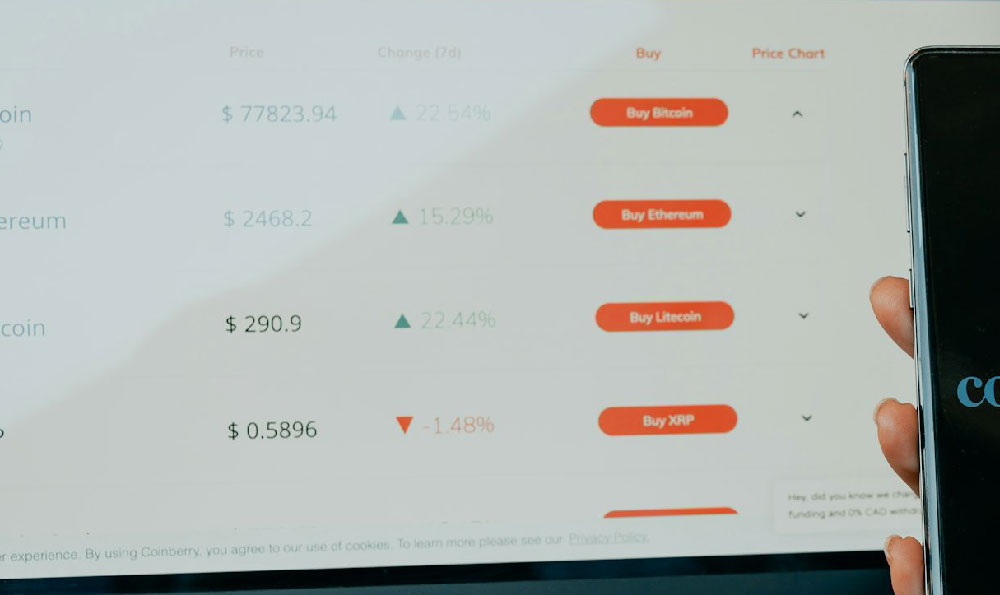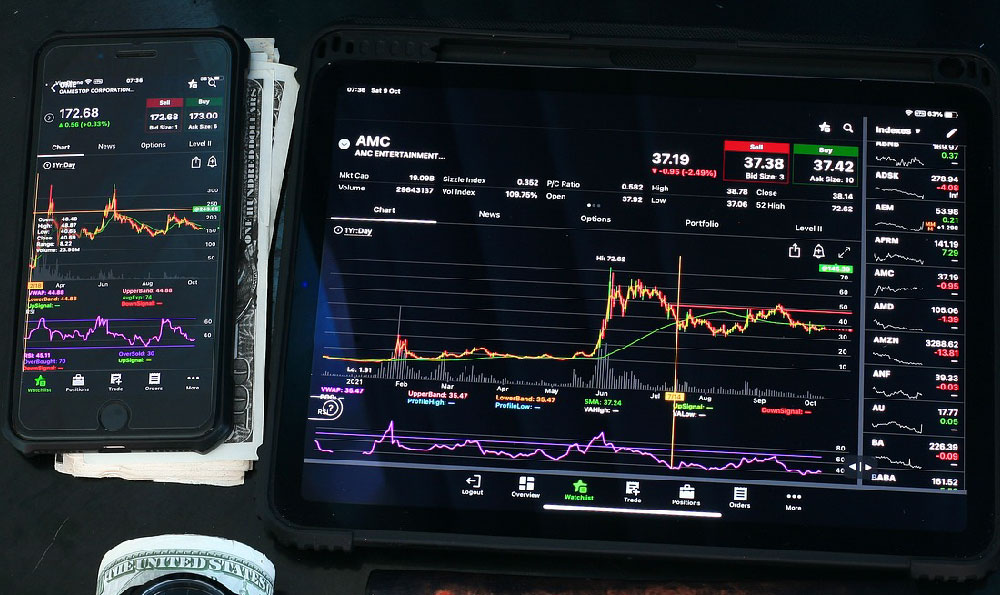Watching YouTube Videos for Profit: Fact or Fiction?
Okay, here's an article exploring the possibilities and realities of profiting from watching YouTube videos, geared towards an audience interested in investment and financial literacy.
Watching YouTube Videos for Profit: Reality Check
The siren song of effortless income is ever-present, and the internet is rife with claims that offer just that. One such claim, often whispered in online forums and echoed in clickbait headlines, is the ability to earn significant profits simply by watching YouTube videos. While the allure of getting paid to passively consume content is strong, a closer examination reveals a more nuanced reality. The question is not simply can you make money watching YouTube, but how much and is it worth your time?

The short answer is yes, it is possible to earn money by watching YouTube videos. However, it’s crucial to temper expectations. Forget visions of quitting your day job based solely on your YouTube viewership earnings. The vast majority of methods that involve getting paid to watch videos offer meager returns, more akin to pocket money than a substantial income stream. The key lies in understanding the different approaches and their associated limitations.
One common avenue involves websites and apps that reward users for watching advertisements or short promotional clips. These platforms essentially pay a fraction of the advertising revenue they receive to their users. While seemingly straightforward, the payout is typically extremely low, often measured in cents per video. To accumulate even a modest sum, hours upon hours of viewing are required. The time commitment required makes the hourly wage comparable to or even lower than minimum wage in many regions, rendering it an inefficient use of time for those seeking genuine financial gain. The opportunity cost of dedicating time to these platforms, time that could be spent acquiring new skills, pursuing career advancement, or even engaging in more lucrative side hustles, is a significant factor to consider.
Another related, slightly more sophisticated approach involves engaging with influencer marketing campaigns. Some companies partner with platforms that recruit everyday users to watch sponsored content and provide feedback. The pay may be slightly higher than the pure ad-watching models, but the availability of opportunities is often limited and competitive. Furthermore, providing meaningful feedback requires more active engagement and critical thinking, essentially transforming the activity from passive viewing to a more active task. This increased cognitive load, combined with the intermittent nature of these opportunities, means that relying on this method for consistent income is impractical.
Beyond direct payment for viewership, there are indirect ways that watching YouTube videos can contribute to financial gain. This is where the promise of "profit" becomes more plausible, although not in the literal sense of being paid to watch. YouTube is a vast repository of knowledge and skills. Watching tutorials, educational content, and industry-specific discussions can significantly enhance your professional capabilities, making you a more valuable asset in your current role or opening doors to new career opportunities. Investing time in learning new software, mastering a specific skill, or staying abreast of industry trends can translate into tangible financial benefits, such as salary increases, promotions, or freelance opportunities. In this context, YouTube becomes a valuable tool for personal and professional development, ultimately leading to financial gains.
Furthermore, watching YouTube content related to finance and investing can improve your financial literacy, leading to better investment decisions and long-term wealth accumulation. Learning about different investment strategies, understanding market trends, and analyzing financial instruments can empower you to make informed choices about your savings and investments. While this doesn't directly translate to getting paid to watch videos, the knowledge gained can have a profound impact on your financial well-being.
However, it's crucial to exercise caution and critical thinking when consuming financial advice on YouTube. The platform is not immune to scams, misinformation, and biased perspectives. Be wary of channels that promise unrealistic returns or promote get-rich-quick schemes. Always verify information from multiple sources, consult with qualified financial advisors, and conduct thorough research before making any investment decisions.
Finally, consider the opportunity to create YouTube content rather than merely consume it. Building a successful YouTube channel requires significant effort, dedication, and marketing savvy. However, it can potentially generate substantial income through advertising revenue, sponsorships, merchandise sales, and affiliate marketing. While this is a far cry from simply watching videos, it highlights the potential for profiting from YouTube’s ecosystem. Identifying a niche, creating high-quality content, and building a loyal audience are essential for success. This path demands entrepreneurial skills and a willingness to invest time and resources in building a brand.
In conclusion, while it is technically possible to earn a small amount of money by watching YouTube videos, it’s far from a viable path to financial independence. The direct payouts are typically minimal, and the time commitment required often outweighs the rewards. However, the real value of YouTube lies in its potential as a learning resource. By strategically using YouTube to acquire new skills, enhance your financial literacy, and explore entrepreneurial opportunities, you can indirectly generate significant financial gains. Just remember to approach the platform with a critical eye, prioritize learning and development, and avoid falling prey to unrealistic promises. The path to financial success on YouTube is not paved with passive viewing, but with active engagement, continuous learning, and strategic application of knowledge. The real profit lies not in watching, but in doing.















